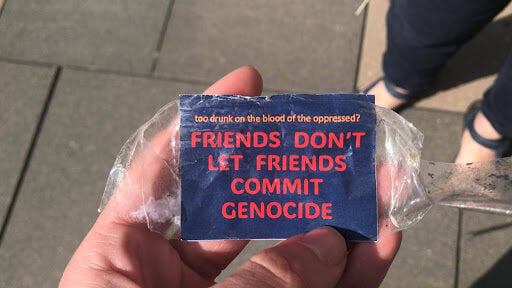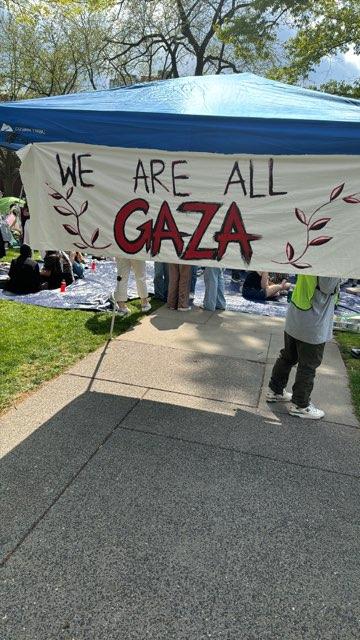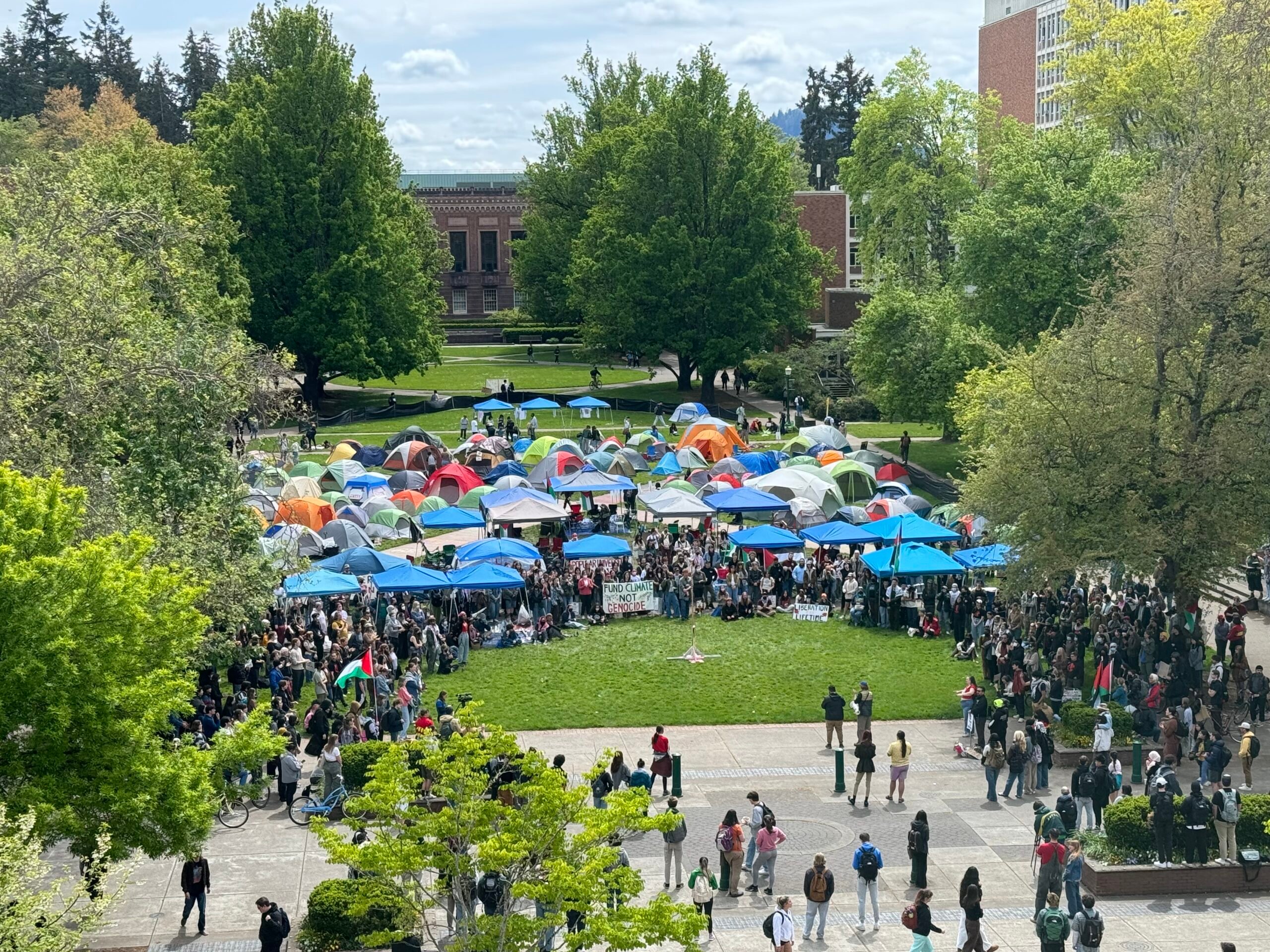

The Jewish community is well aware of the devastating effects that mental illness can wreak on individuals and their families. Organizations such as Project S.A.R.A.H., headed by Esther East, Refa’enu, headed by Dena Croog and, most recently, Project Ometz, headed by Alissa Horn and Rabbi Ari Zahtz, all offer education, peer support and referral services to individuals and their families. The rabbis and mental health professionals in the county are all sensitive to the plight of individuals suffering through severe depression. Two of the key missions of all these organizations and professionals is to “remove the stigma” of mental illness from individuals and families and to show them that “they are not alone.”
Programs such as the documentary film “Here One Day,” featured at Congregation Beth Aaron on Sunday evening, are vital in furthering this two-fold mission. From the overwhelming attendance at the program, including individuals from many surrounding communities, it is evident that this issue concerns many.
Rabbi Rothwachs, mara d’atra of the congregation, introduced Kathy Leichter, a long-time documentary filmmaker, to show her award-winning documentary which takes the viewer through the slow and sad journey of her beloved mother to her ultimate suicide.
The full-length feature “Here One Day” follows the youth and womanhood of Nina Leichter, the filmmaker’s mother and wife of New York State Senator Franz Leichter, who took her life in February of 1995 at the age of 60. Interspersed with accounts of Nina’s early childhood, teenage and college years, and then married life, are tapes of her own voice expressing her feelings of anger, disappointment, lethargy, depression, resentment and a host of other emotions. Also shown are pictures of the many notebooks and letters that she filled throughout her life describing her moods and feelings.
Her daughter, Kathy, was her constant companion and very often the one to support her through trying times. To Kathy, her mother was special. She was the funniest, smartest and most involved individual she knew. Nina raised her children almost single-handedly as her husband was often in Albany on government assignments. After the children grew to school-age, Nina became a public-school teacher and eventually took leadership roles in activist movements. When it became apparent to the family and to Nina herself that she was battling a mental illness, she was given many different medications and joined a mood disorder group, but ultimately was hospitalized at the New York Psychiatric Institute.
When Nina took her life, the family, though well-aware of her struggles, was devastated. Kathy moved her young family into the Riverside Drive apartment to try to make sense out of her mother’s suicide. Going through tapes, notebooks and family albums was difficult. Kathy, her father and brother Josh have spent many sessions together trying to understand Nina’s decision.
The film ends with Kathy’s declaration that they must all reckon with what happened even though it does not make sense. “The best coping mechanism is to celebrate her life and not her loss.”
At the conclusion of the film, Kathy thanked the audience for the opportunity to share her mother’s story with the purpose of reducing the stigmas associated with mental illness. She shared that for the past five years she has been addressing large professional audiences, including the NEFESH Conference, and her film has been featured in international film festivals. She welcomed suggestions from the audience for future venues at which to spread her message. She also took questions.
For further information about Kathy Leichter’s presentations, visit www.hereoneday.com.
For information about Project S.A.R.A.H., which offers support, counseling and resources to people in abusive relationships, contact [email protected]. For further information about Refa’enu, which offers support groups and resources to individuals with mood disorders, contact [email protected]. For further information about Project Ometz, which provides support and resources to parents facing challenges related to their children’s struggles with mental illness, visit www.projectometz.org.
By Pearl Markovitz












